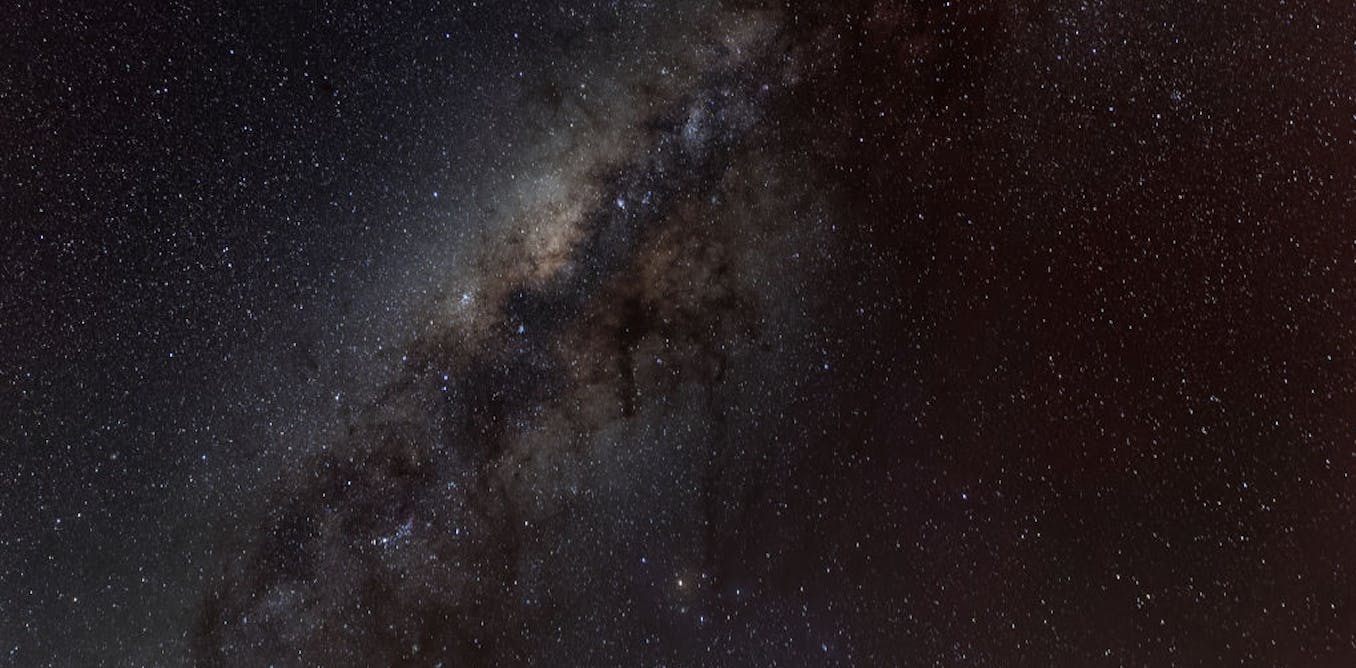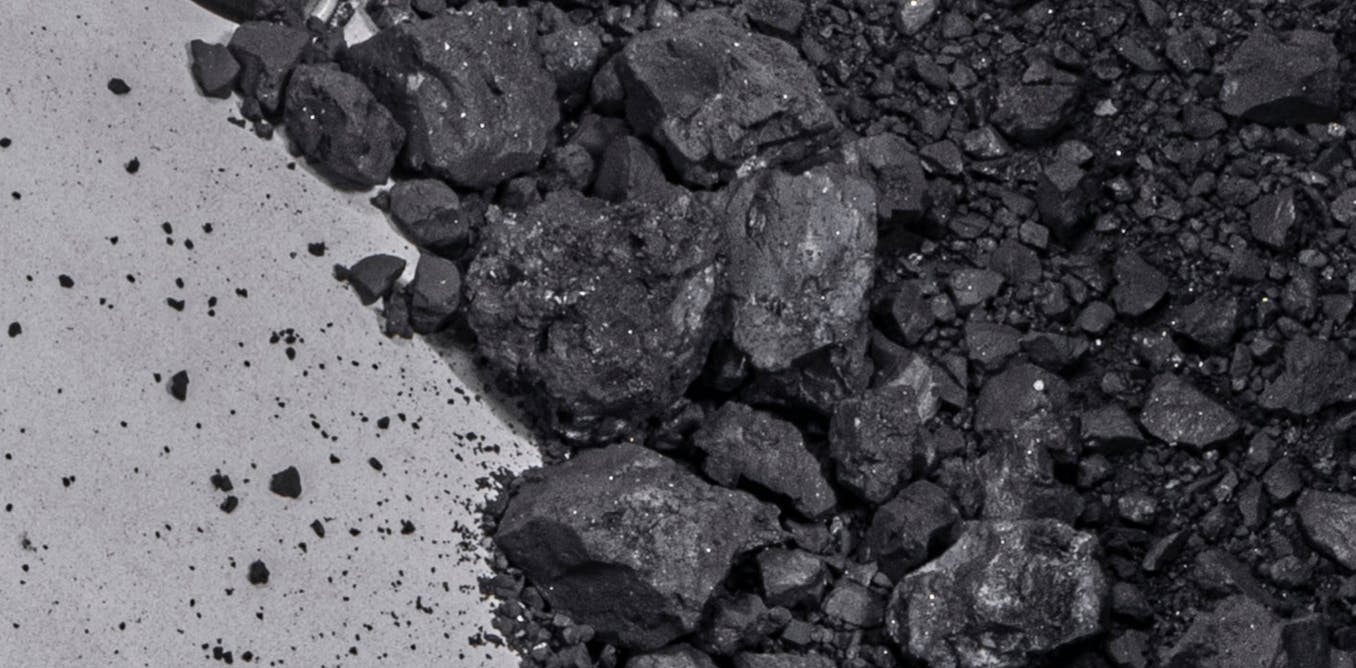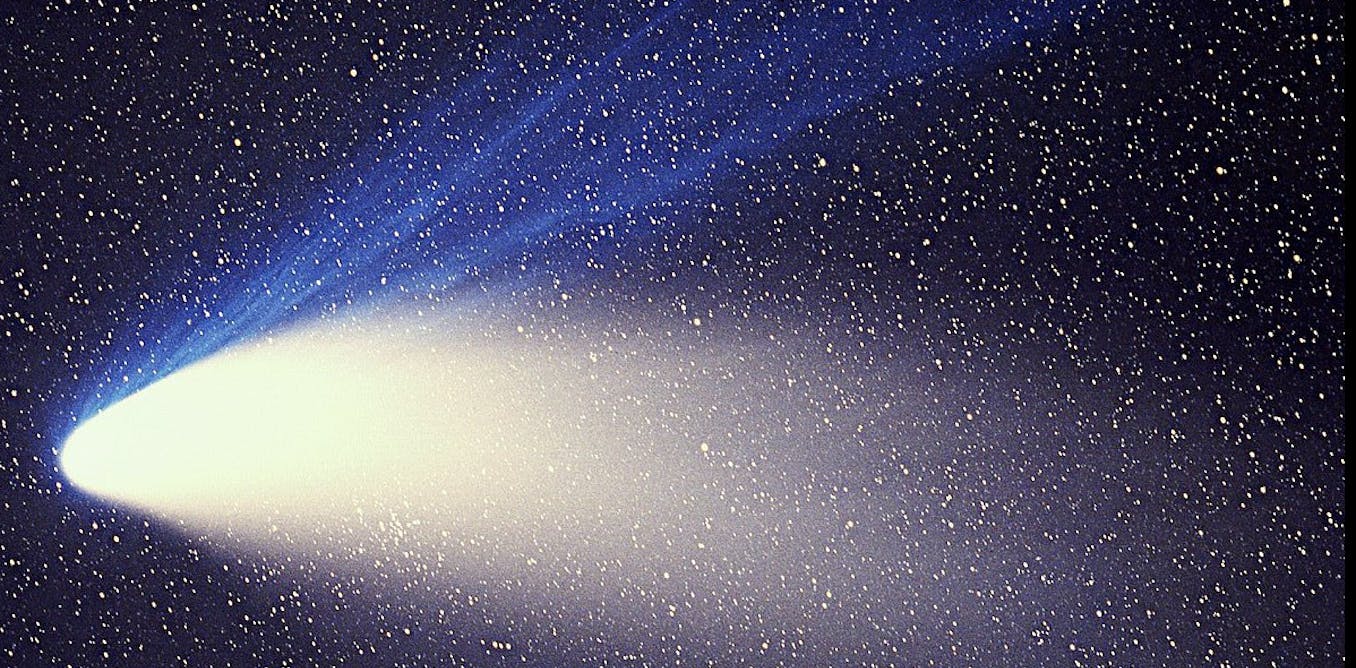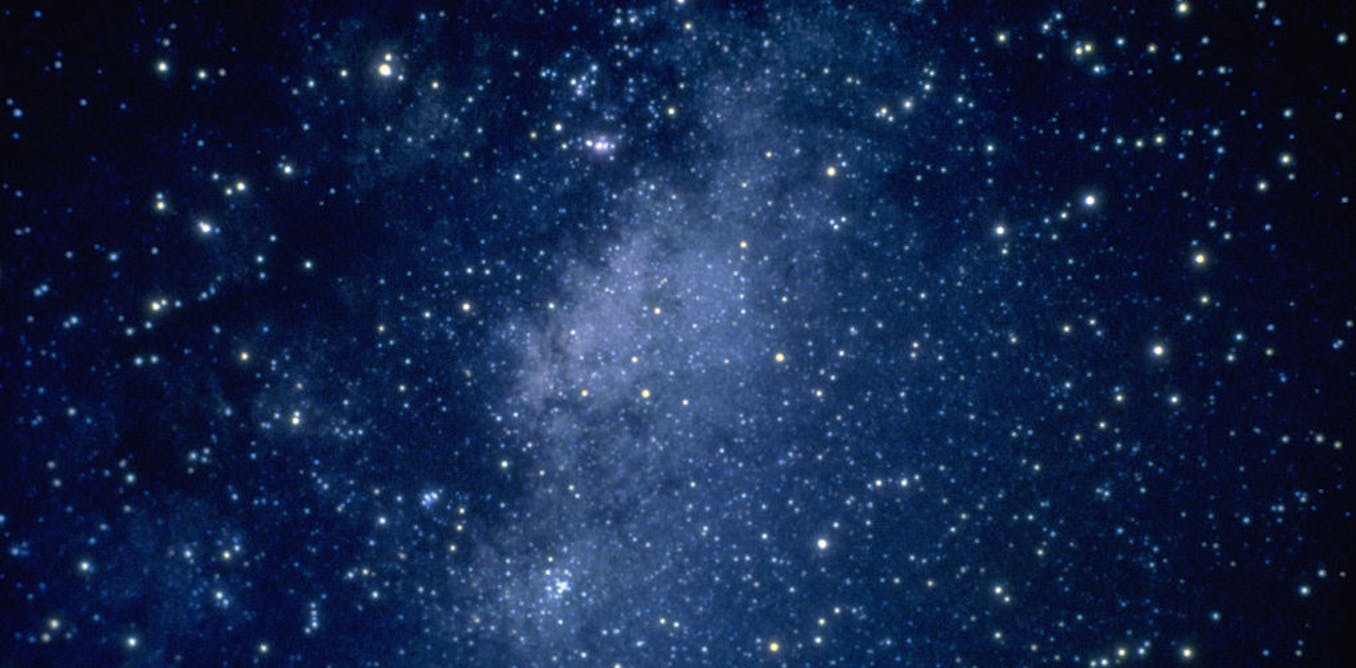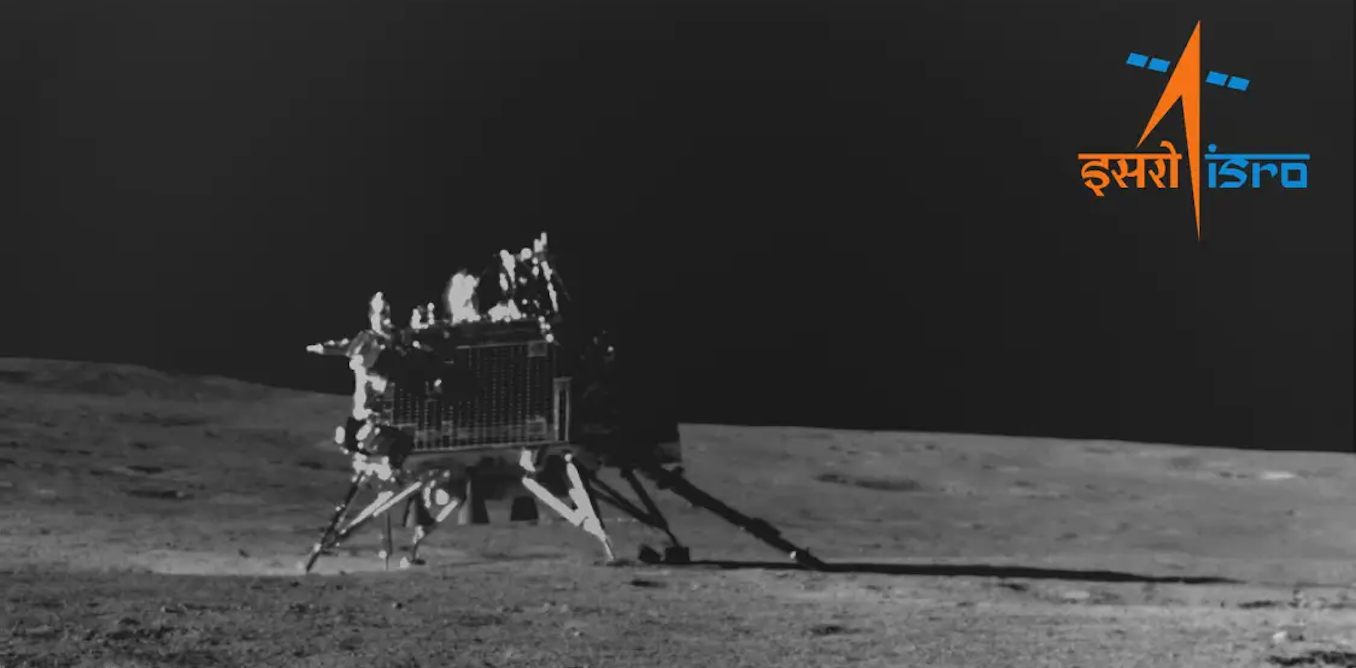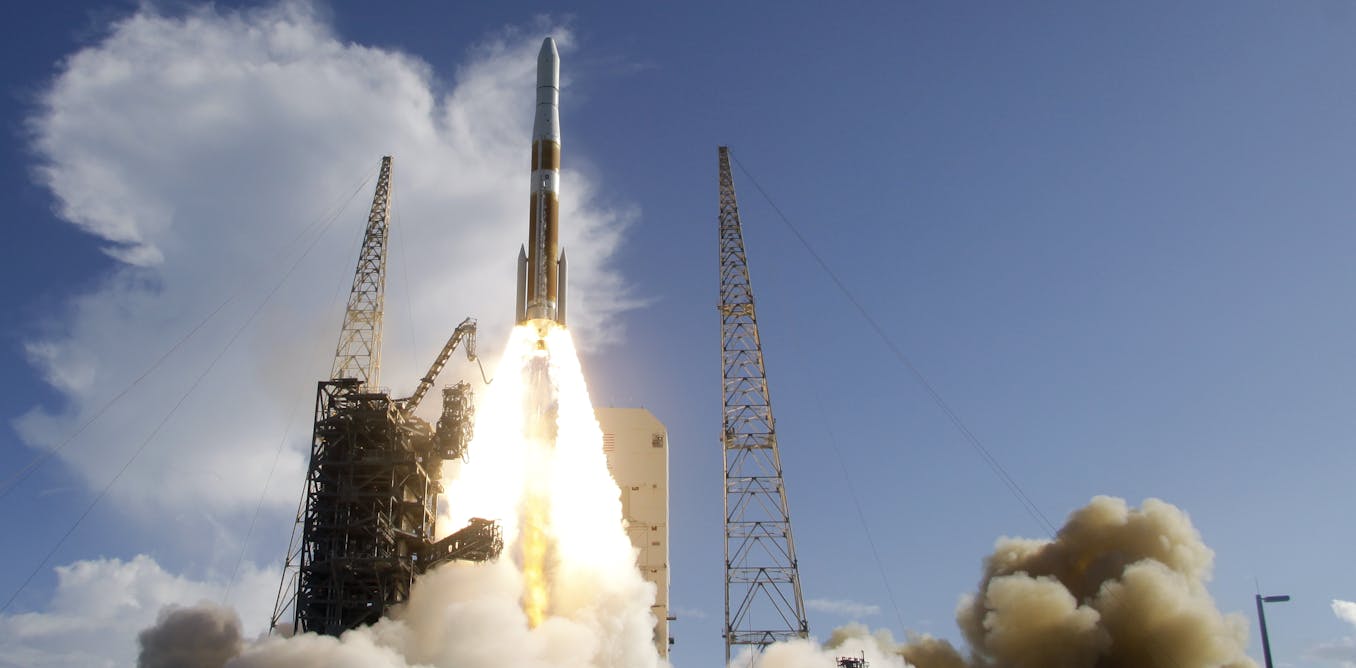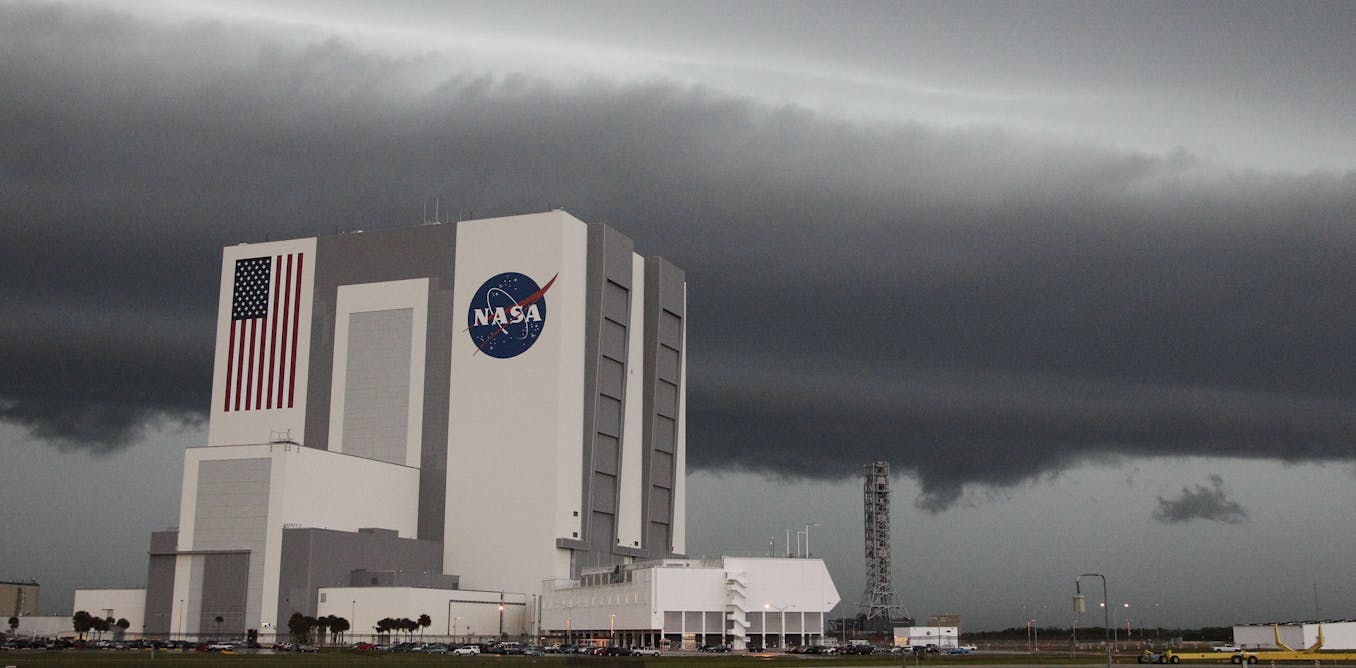Osiris-Rex: Nasa reveals evidence of water and carbon in sample delivered to Earth from an asteroid
Studying the sample could help answer how water arrived on Earth and how life started.
Oct. 13, 2023 • ~7 min
Astronomers have learned lots about the universe − but how do they study astronomical objects too distant to visit?
Controlled experiments are impossible in astronomy, as are direct measurements of physical properties of objects outside our solar system. So how do astronomers know so much about them?
Oct. 12, 2023 • ~7 min
The afterglow of an explosive collision between giant planets may have been detected in a far-off star system
The discovery provides a way to study the birth of an entirely new planet in real time.
Oct. 11, 2023 • ~7 min
Comets 101 − everything you need to know about the snow cones of space
There’s a flurry of excitement every time a comet comes into view from Earth. But what are these celestial objects, and where do they come from?
Oct. 11, 2023 • ~8 min
How do astronomers know the age of the planets and stars?
Measuring the ages of planets and stars is tricky. An observational astrophysicist describes the subtle clues that provide good estimates for how old different space objects are.
Oct. 2, 2023 • ~6 min
Chandrayaan-3's measurements of sulfur open the doors for lunar science and exploration
India’s Chandrayaan-3 rover has found sulfur on the Moon’s surface at higher concentrations than previously seen. Sulfur, a useful resource, could pave the way for future Moon bases.
Sept. 22, 2023 • ~8 min
Spending time in space can harm the human body − but scientists are working to mitigate these risks before sending people to Mars
Space can damage everything from your cardiovascular and nervous systems to your mental health – long voyages can feel isolating for many.
Sept. 19, 2023 • ~8 min
NASA report finds no evidence that UFOs are extraterrestrial
Months after a military officer made sensational claims about unexplained objects in the skies, NASA released a report loosely outlining a scientific approach for analyzing UAP reports.
Sept. 15, 2023 • ~7 min
/
36


